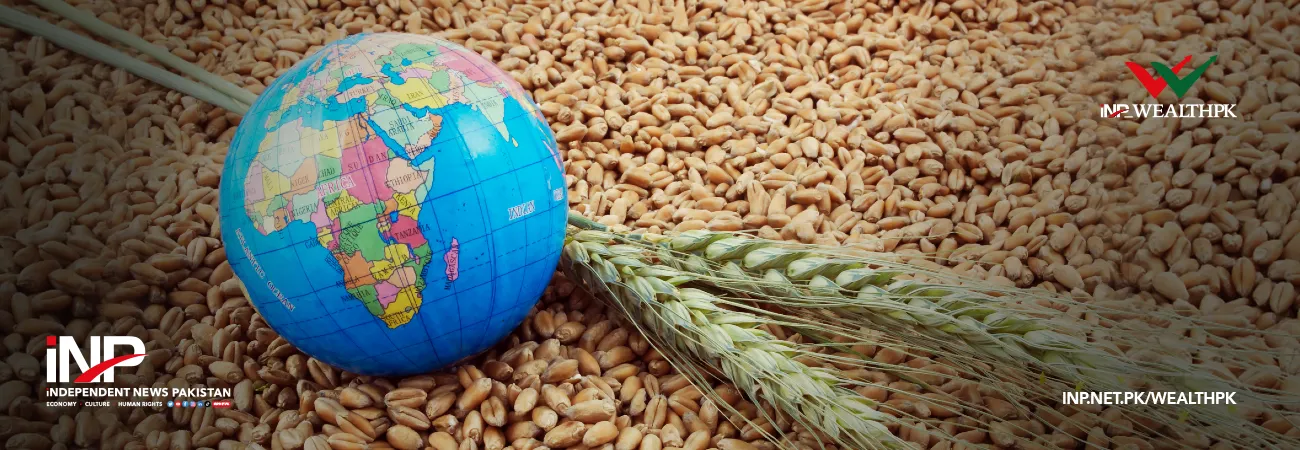INP-WealthPk
Arooj Zulfiqar
Food wastage has emerged as a critical global challenge, impacting economies, the environment, and people’s access to food resources. “Pakistan is a country with a substantial agricultural sector that plays a vital role in feeding its population and exporting food to other countries. However, despite its significant contribution to the world’s food supply, Pakistan still faces challenges in ensuring food security for its citizens,” said Dr Muhammad Hanif, a senior scientific officer at the National Agriculture Research Centre (NARC). Talking to WealthPK, he said: “Pakistan’s struggle to secure its food supply can be largely attributed to two key factors: inadequate food storage capacity and security. A substantial percentage, ranging from 10% to a staggering 50%, of the total food production in Pakistan goes to waste.”
“Wheat, a staple crop, experiences substantial losses, estimated at 20%, due to improper storage facilities. In the case of fruits and vegetables, the losses are even more alarming, ranging from 30% to 50%,” he said. Hanif said one of the primary reasons for food loss in Pakistan was the inefficiency of the supply chain. “From the farm to the market, food often faces inadequate storage, transportation, and handling facilities, leading to spoilage and waste.” “Lack of Infrastructure is another major reason. Insufficient infrastructure, including cold storage facilities, proper packaging, and transportation networks, hinders the country’s ability to preserve perishable goods like fruits and vegetables,” he added.
“Additionally, there are post-harvest losses at the farm level, caused by inadequate harvesting techniques and pest control measures, resulting in significant food waste.” He said Pakistan’s vulnerability to climate change had intensified the challenge of food loss. “Erratic weather patterns, such as floods and droughts, disrupt crop production and further contribute to losses.” The NARC scientist said to address the challenge of food losses in Pakistan, a comprehensive approach was essential. “This includes investing in modern infrastructure for storage and transportation, adopting innovative agricultural practices, developing climate-resilient crops, raising public awareness about responsible food consumption, implementing supportive government policies, and fostering collaboration among various stakeholders. These combined efforts can significantly reduce food loss, improve food security, and create a more sustainable food system in Pakistan.”
Dr Kausar Abdullah Malik, caretaker Minister for National Food Security and Research, highlighted the gravity of food wastage, which is a major global challenge that affects economies, the environment, and people’s access to food. On the occasion of World Food Waste Awareness Day 2023, the minister stated that the government was actively involved in various initiatives to increase awareness and reduce food losses. According to Malik, Pakistan is prominent in the production and supply of food compared to other countries. However, it ranks low on the global list of food security, he added. “Work is in progress on various projects for the delivery of fresh fruits and vegetables through proper cold storage and cardboard boxes,” Malik pointed out. He claimed that due to modern storage facilities, losses of rice and maize were now extremely low by international standards.
Credit: INP-WealthPk













